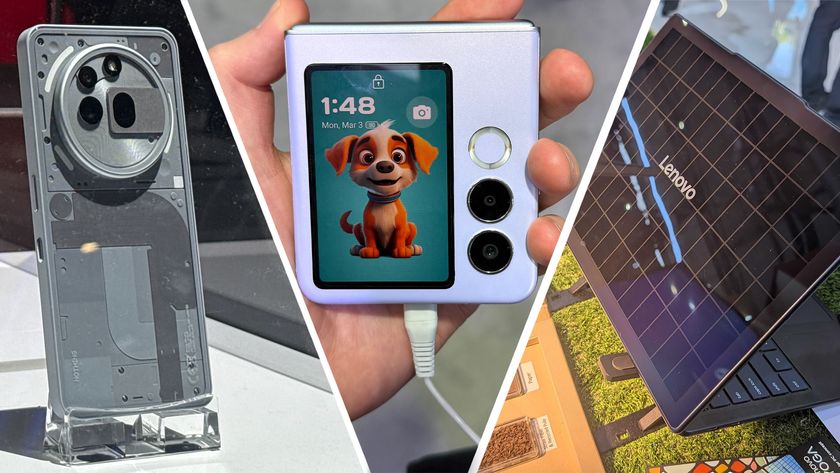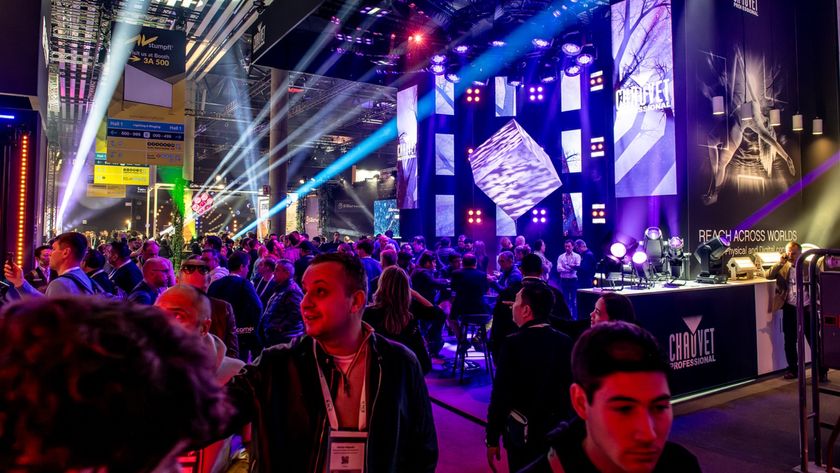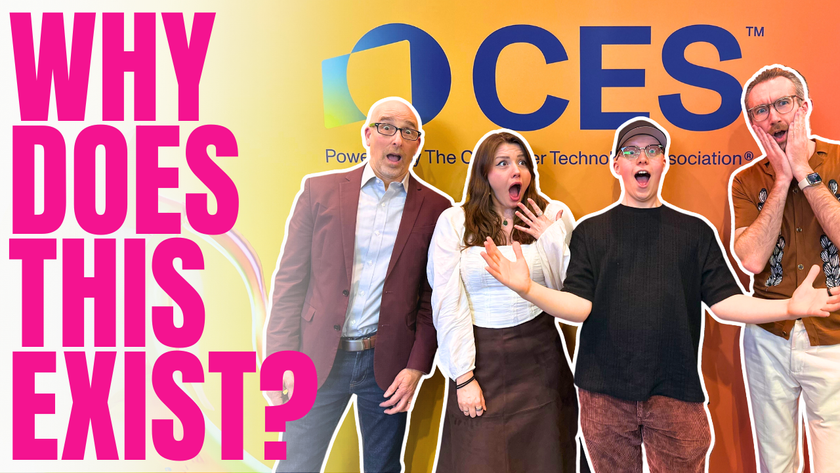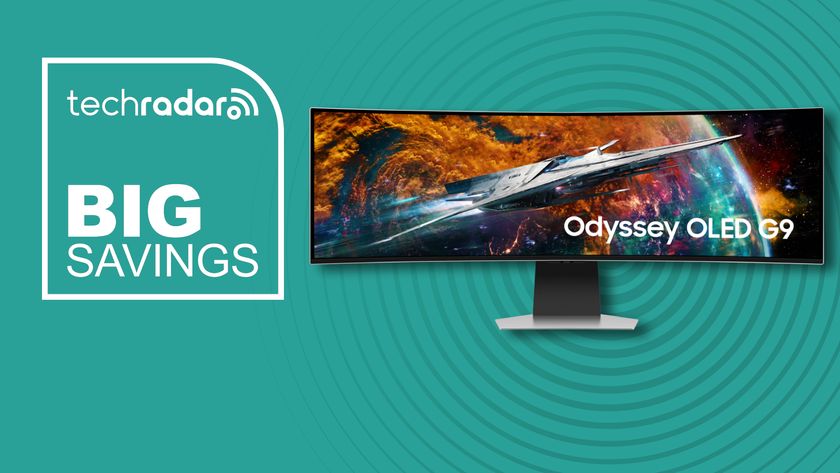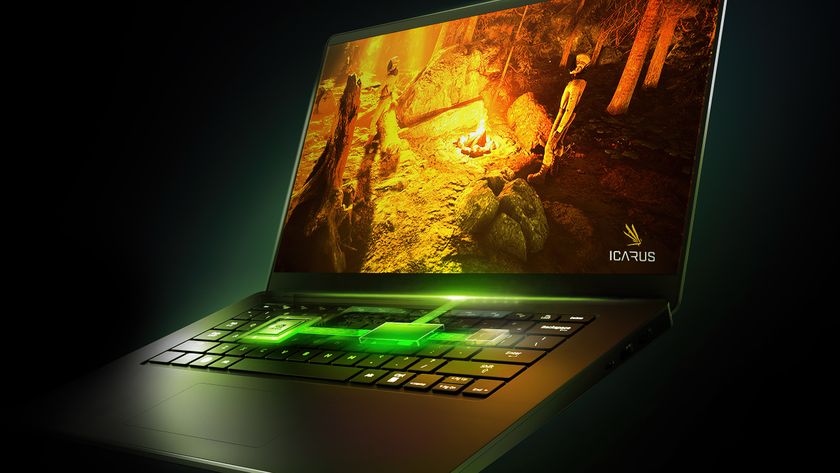CES is where innovation goes to die
You're doing it wrong!
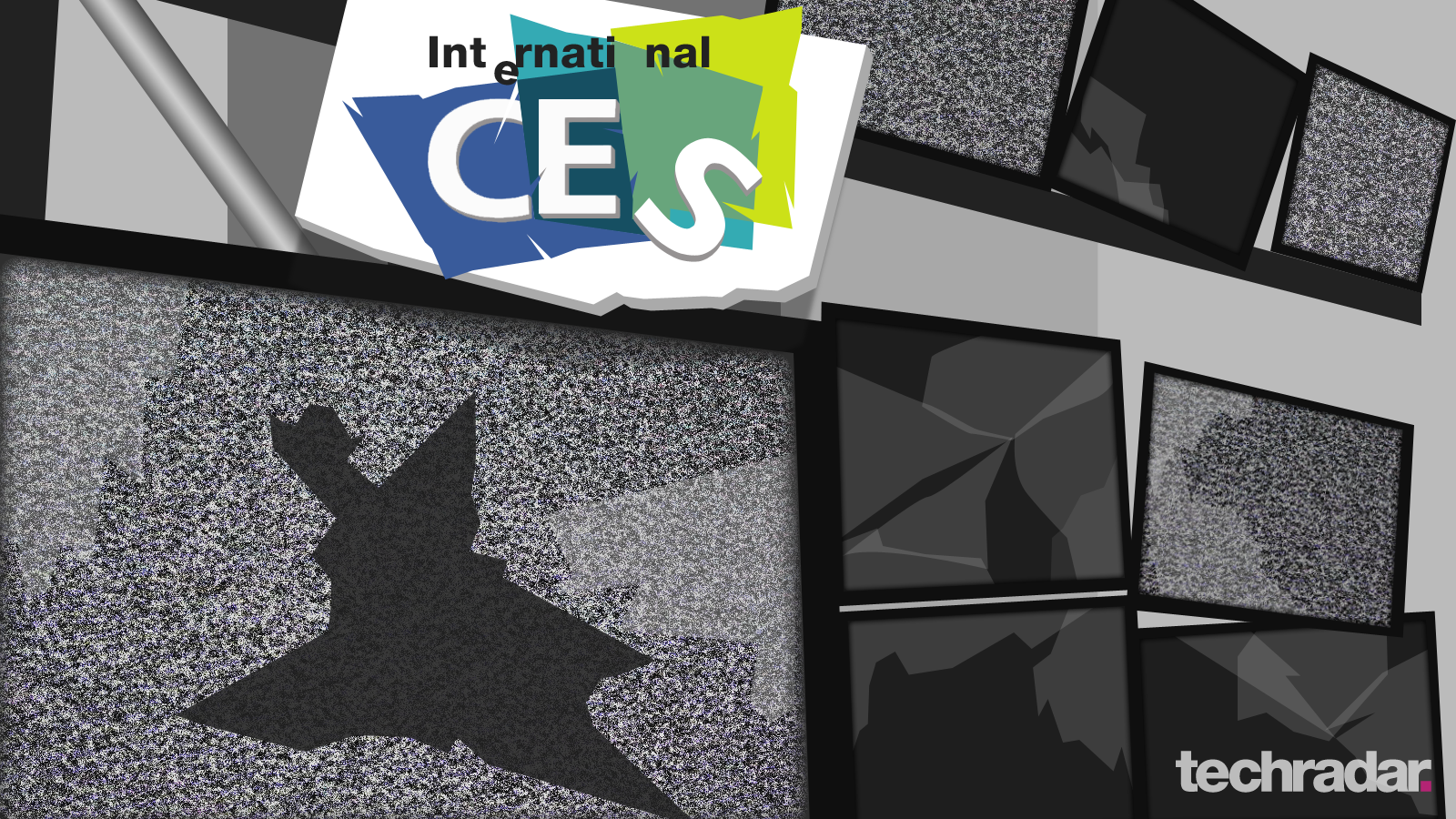
Did you see the Michael Bay thing? Michael Bay. Walked off stage he did. The Transformers guy. Stage fright or something. Just lost it. Walked right off.
Of course you saw it. It was one of the few pieces of news from CES 2014 that managed to break out of the Las Vegas Convention Center into popular consciousness.
While footage of a man normally associated with giant robots and fiery explosions struck dumb by a combination of technical failure and social awkwardness managed to go viral, the product Bay was there to help flog (some manner of Samsung TV) earned only a passing mention in those reports where it figured at all.
Last year's headline-grabber was Qualcomm's jaw-droppingly bad 'Born Mobile' presentation, a seemingly endless parade of embarrassing visuals and wonky stagecraft that climaxed with some of Maroon 5 playing live while Qualcomm streamed a Dido song to a baffled global audience because of a problem with broadcast rights.
I can't quite recall what they were promoting - probably something that was born mobile, like a baby car.
CES is broken
This is symptomatic of the problem that lies at the heart of CES - it is no longer about the cutting edge of technology, it is just a trade show where big companies spend their marketing budget and smaller, more innovative outfits struggle to make themselves heard in order to be seen as relevant.
CES as it stands is broken and it is going to take more than a working autocue and a backing tape for Moves Like Jagger to fix it.
Get daily insight, inspiration and deals in your inbox
Sign up for breaking news, reviews, opinion, top tech deals, and more.
As we griped last year, CES without the major players is increasingly irrelevant to an otherwise vibrant tech world. That's not to say that there are no big companies representing at CES - quite the contrary - just that the ones who do make it are just churning out increments to tired products like Smart TVs or entertainment systems and leaving the small startups with no room to make an impact.
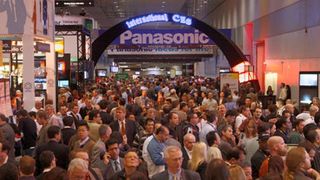
CES 2014 is no different - Apple and Microsoft are conspicuous by their absence, having opted to showcase their products in lavish standalone events with working autocues. Google has a stand but it too reserves its big announcements for home-turf shows.
Despite these high profile refuseniks, CES just keeps getting bigger with the stands, meetings, demos and speechifying in the the main conference center metastasizing into surrounding hotels.
Good products, lost
Some genuinely interesting ideas are floating around in that gigantic conference space but I can't help but think that they would be better served elsewhere.
How many potentially good products have been ruined by rushing out prototypes to show off in the annual Vegas shindig when they could have been nurtured until they were ready to be launched?
There are now better options available to startups. Sites like Kickstarter may be problematic (lets save the crowdfunding rant for another week) but they not only provide the opportunity to gain investment but also a way to get small, exciting new projects out to a wide audience without having to pay top dollar (up to $150,000 by some estimates) for a tiny booth that most CES attendees are going to ignore as they wander from keynote to coffee queue.
Releasing something yourself, via the web or at a smaller and more focused event is likely to be as effective in getting the word out about your product - more so when you consider that the tech press needs stories all year round and it is only in January that CES sits in the middle of everything, blocking out the sun.
The tech world still needs trade shows and events that can bring innovators together with investors, but it should be possible to allow corporations their annual marketing splurge while letting smaller and more interesting events be spread out over the year and making better spaces for startups to fire the popular imagination.
